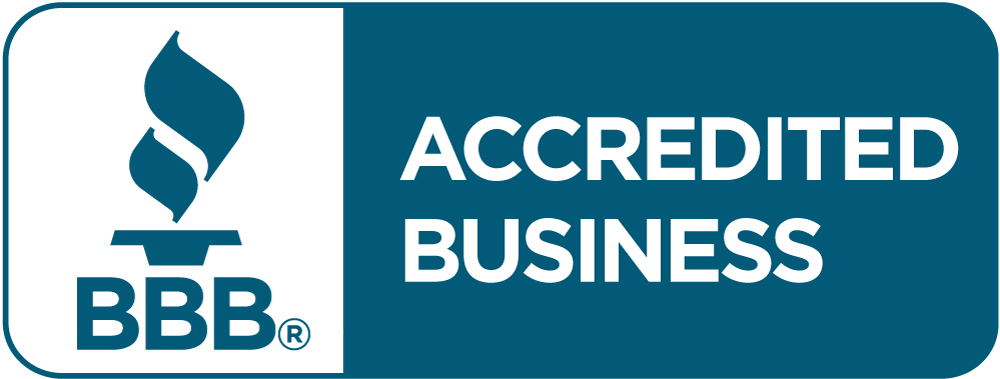Quick Links
ToggleIf a lender denies your small business loan, you are not alone. The latest Small Business Credit Survey(SBCS) found that lenders reject 21% of business loan applicants. A loan denial can be very disappointing, especially if you have big plans for your business with the funding.
However, hardly anything in the business financing world is permanent, and neither is your loan eligibility status. There are some well-defined reasons why lenders turn down businesses for financing — and there are other options you can choose to increase your chances of getting the funding you need. We’ll discuss both in this list of reasons lenders deny business loan applications for small businesses.
Reason #1: Bad Credit History and Score
Personal and business credit carry much weight in business loan eligibility. Lenders usually view a low credit score as an indication of unstable debt management. So, with a poor credit report, loan applicants must show compelling reasons to prove why their business would be a reasonable credit risk.
Some lenders offer loans to business owners with poor credit. However, the terms may be inflexible and unfavorable. Your better option may be companies that provide alternative financing. Along with flexible terms, they typically base your business loan eligibility on much more than your credit score or history.
Reason #2: Insufficient Collateral
To get a secured business loan from most banks, you must present significant collateral to secure the loan. For example, a Small Business Administration (SBA) 7 (a) loan requires your business to have “available fixed assets with a combined adjusted net book value up to the loan amount.”
Collateral makes the loan safer because they can seize your pledged assets to pay off the loan if you default. For this reason, your loan qualification for most traditional lenders is doubtful if you don’t have enough collateral. Alternatively, some online loans and alternative financing options don’t require collateral.
Reason #3: Too Much Debt
Even if your credit is in good standing, many lenders hesitate to lend money to businesses with considerable debt. They gauge your level of indebtedness with your business debt utilization rate. Most lenders like to see your debt utilization rate under 30%.
This perceived flaw with your qualifications can be a simple fix if you can pay down your debts. You could also request a consolidation loan. This option would allow you to use some of the new loan proceeds to lower your debt utilization rate. However, the new loan amount must be high enough to cover your old debt and financial objectives.
Reason #4: Missing or Incomplete Information
Something as simple as missing documentation or incomplete information concerning your business loan qualifications can result in a denial. Although most lenders will contact you to supply missing data during the application review process, your application still risks being declined for this reason by many lenders.
This possibility is why it is essential to understand exactly what documents and information you need to submit at the offset of the process. Since many lenders have a complicated application process, complying with every document demand can be challenging. On the other hand, the application process for alternative financing is easy and quick, requiring a few documents such as business bank statements and personal identification.
Reason #5 Too Young for a Small Business Loan
A brief operating history can severely hinder your eligibility with most lenders. Although minimum time-in-business varies, many traditional lenders require at least two years of being in business. If you face this challenge, you have two primary options: wait until your business meets the age requirements or apply for financing that doesn’t emphasize business age as much as traditional banks. For example, Zinch only requires you to have a six month business history.
Reason #6: Being in the Wrong Industry
A lender may deny your application because your business operates in a restricted industry category. Even though the Small Business Administration is more accommodating than traditional lenders, it still has limits on what type of industry is unacceptable for lending, such as:
- Financial businesses that primarily lend money, including pawn shops, payday lenders, and online app lenders
- Passive businesses operated by developers or landlords
- Private clubs or membership-only businesses
- Companies marketing or selling products of a sexual nature
- Businesses that promote or engage in political or lobbying activities
For this reason, you should ensure your business fits the industry requirements of the lender.
Optimizing Your Small Business Loan Qualification
It is not rare for lenders to reject small business owners. However, with these reasons for loan rejection in mind, you can better prepare for the first or next time you apply for a loan for your small business.
Also, you should consider alternative financing, such as merchant cash advances. They also have specific requirements for approval— but non-bank business financing tends to have less strict requirements than traditional business funding. Contact Zinch at (714) 500-6622 to learn more about your options. You could be eligible for up to $ 250,000 in just 24 hours.










